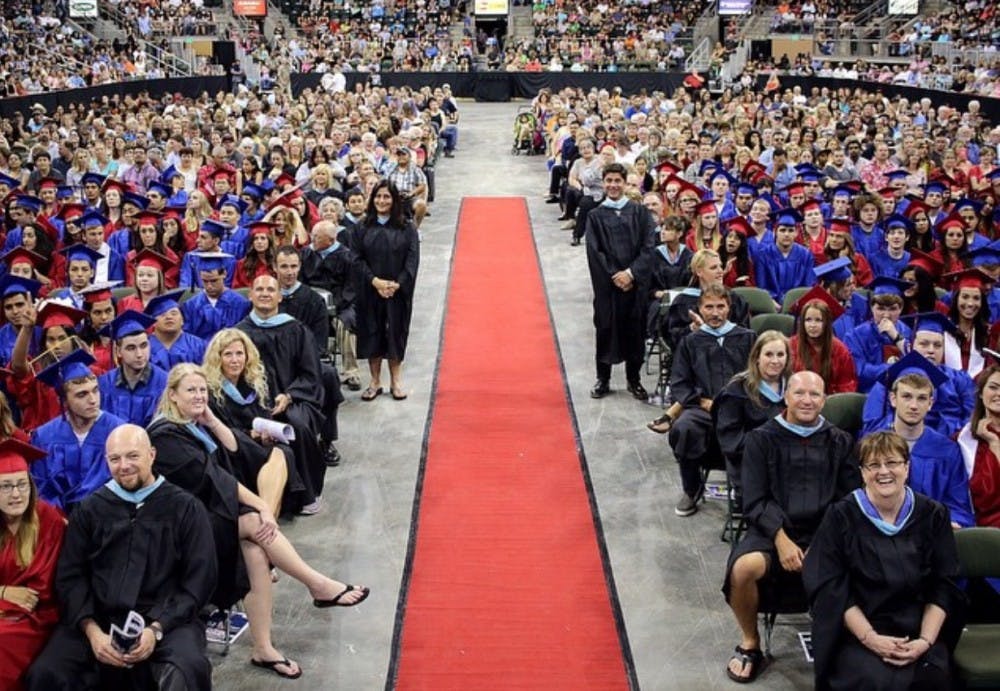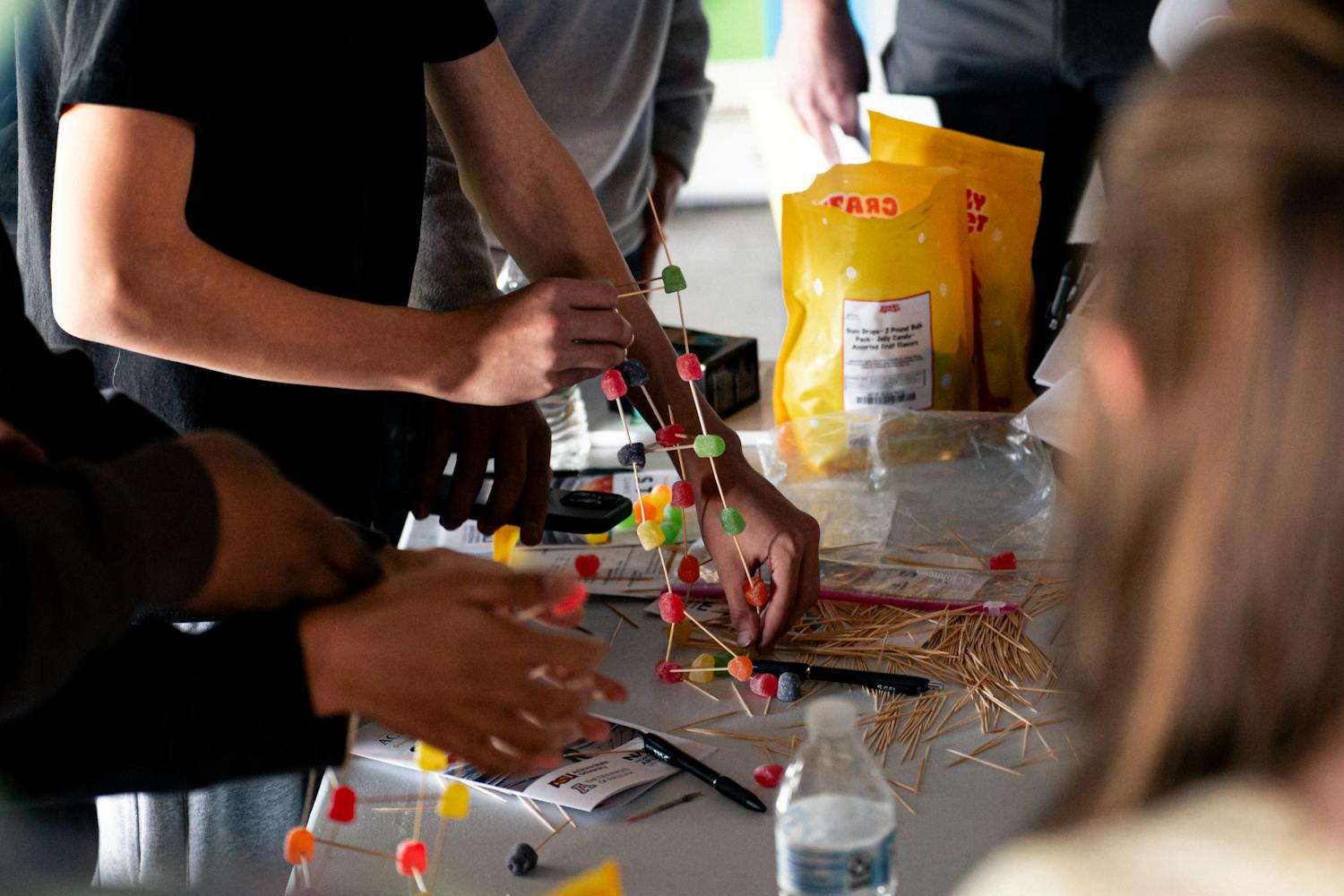The transition from high school to college is a tricky one. There are many factors at play, including new living quarters, classes and people. For many new students, this transition takes away their control, which is a problem for those who pride themselves on their perfectionist tendencies.
College is very different from high school; there are more people, which means more competition. The classes are harder, which means worse grades, and less room to make mistakes. These pressures don't fare well with those who have control issues.
“For those who have performed very well in a lower-performing high school — and unfortunately, that is the norm rather than the exception in this state — it may simply be that they are unaccustomed to the demands of a college classroom,” Alexander Halavais, Ph.D, associate professor of social and behavioral sciences, said. "They may have been bright enough to pretty much coast in high school, but now they are in a crowd of others who are similarly talented and have to work harder to succeed.”
ASU provides many outlets to help students adjust to such a big school. However, a student can only be prepared so much for the transition, especially when their experiences in high school were so positive.
According to Dr. Bruce Kehr, a psychologist studying existential crises in young adults, those who were once high achievers, academically as well as socially, can “become severely self-critical and filled with self-loathing” during life transitions. These individuals thrive on maintaining their achievements, and when they are unable to succeed at the level they did in high school, they crumble.
This fear can culminate into what is commonly known as existential crises, which is characterized by a feeling of being lost or upset. When young adults “hit a wall,” they often rebel, throwing their values of a hard work ethic out the window.
Perhaps it is not in the best interest of young adults to apply themselves so heavily at a young age. After all, we only get one childhood, one point in our life where it is expected of us to make mistakes. Considering that a person’s success in life is so rarely represented by their track record in high school, it would be best to achieve a balance sooner on.
According to a study in Lives of Promise: What Becomes of High School Valedictorians, that profiled 15 valedictorians over the course of 14 years, valedictorians had no advantage over other individuals in their careers. Although they lived well-rounded lives, few of them dedicated themselves to one particular interest or pursued one single passion.
This brings to light the motives of high achievers. It is likely that high achievers work so hard because they enjoy the gratification of outdoing others or receiving praise for their work. Unfortunately, this motivation is temporary. The false drive will only last for so long before they realize that they are not genuinely interested in their work.
Going into college, students need to be aware of this. They should go in with an open mind and no expectations of “ruling the school” or maintaining a specific grade point average. College is intended to give students the tools they need to discover their passion and pursue it. It is not a place that houses students’ insecurities and allows them to make a competition out of it.
“You need to have a reason for the university beyond ‘get good grades, graduate, get a job,’” Halavais said. "In practice, an A or a 4.0 matters way, way less than you probably imagine it does. Instead, take advantage of everything being and working on a college campus has to offer.
"Have you had lunch with a faculty member and talked about research? Have you been to the museums? Have you explored strange topics in the library? Have you taken extracurricular classes or joined up with clubs? All of these can help you to find your passion, and passions are what make great students, not grades.”
Reach the columnist at ghirneis@asu.edu or follow @ghirneise2 on Twitter.
Editor’s note: The opinions presented in this column are the author’s and do not imply any endorsement from The State Press or its editors.
Want to join the conversation? Send an email to opiniondesk.statepress@gmail.com. Keep letters under 300 words and be sure to include your university affiliation. Anonymity will not be granted.
Like The State Press on Facebook and follow @statepress on Twitter.




